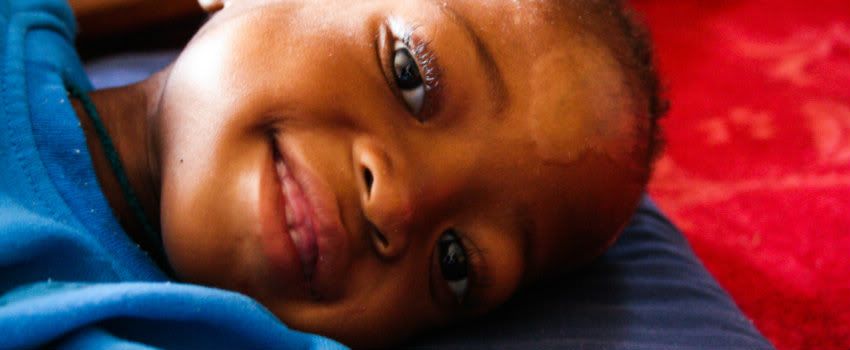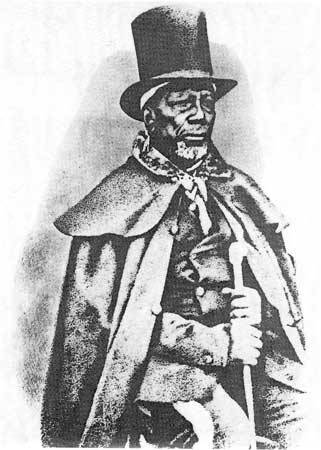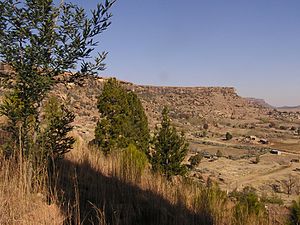Today marked the official launch of Phase II of the
Lesotho Highlands Water Project (LHWP), right here in Mokhotlong District. Dignitary
attendees included His Majesty King Letsie III, Prime Minister Tom Thabane, President
Jacob Zuma of South Africa, …and TTL of course. We wouldn’t miss the chance to celebrate the launch of a major development project for Lesotho.
 |
| His Majesty King Letsie III addresses the crowds, explaining the operations and benefits of the Polihali Dam, which will be constructed as part of LHWP Phase II. |
The LHWP has been in progress since 1986, when the governments
of Lesotho and South Africa first agreed to large-scale development. The bilateral treaty outlined construction plans for several dams on Lesotho’s main
waterways that would create employment and investment opportunities, provide hydroelectric power, and
build associated infrastructure for the mountain kingdom. In exchange, much of surrounding
South Africa would receive access to safe and reliable drinking
water. The first phase comprising Katse Dam, Mohale Dam, and 'Muela Hydropower Station was inaugurated in 2004; now the second of four total phases has begun.
Just as South Africa relies on Lesotho for potable water, Lesotho
relies on its only neighbor to meet many of its basic needs. For instance, all imports and exports
must necessarily cross South African soil or airspace, including the
import of foreign assistance.
| (photo credit: WFP) |
Since 2012, the Lesotho highlands have faced a harsh food shortage that has increased cases of malnutrition among other problems. TTL has seen evidence of this firsthand both in our Safe Home and on our Outreach visits. The World Food Programme has striven to mitigate the severity of food insecurity and has worked closely with South Africa to deliver life-saving support. In time, more roads and other infrastructure could aid the delivery of regular food shipments and medical assistance to rural areas and, if needed, increase the speed of external support programs.
Mokhotlong District will likely look very changed in five years. For the Basotho highlanders, we are eager to see the benefits of the many new opportunities promised by the LHWP as well as the strengthened partnership between Lesotho and South Africa.






